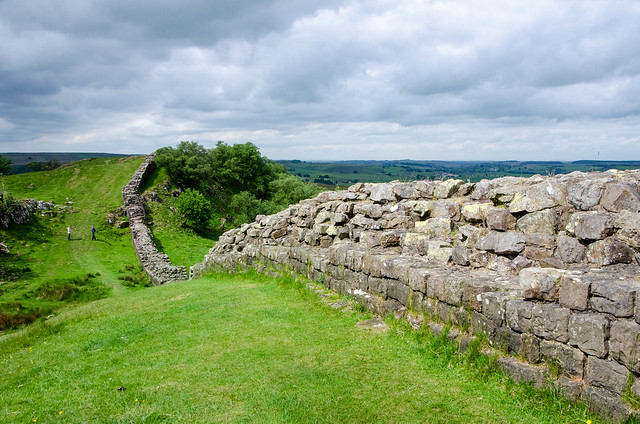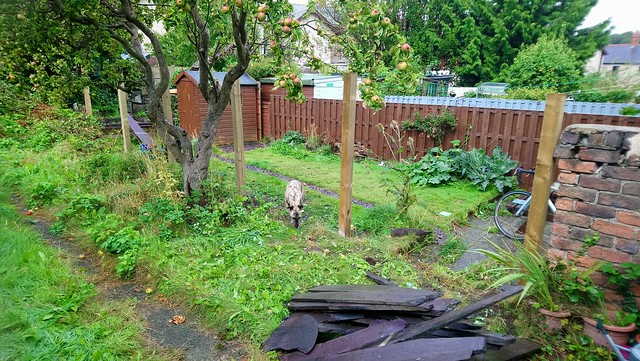Podcast: Play in new window | Download
In today’s Adventure in Etymology we are looking at the origins of the word word [wɜːd/wɝd].

A word is:
- a unit of language, consisting of one or more spoken sounds or their written representation, that functions as a principal carrier of meaning.
[source]
It comes from the Middle English word [wurd/wɔrd] (word), from the Old English word [word] (word, speech, verb, news), from the Proto-Germanic *wurdą [ˈwur.ðɑ̃] (word), from the PIE *wr̥dʰh₁om (word) from *werh₁- (to speak, say) [source]
The word verb comes from the same root, via the Middle English verbe [ˈvɛrb(ə)] (verb), from the Old French verbe (word, phrasing), from the Latin verbum [ˈu̯er.bum] (word, proverb, verb), from the Proto-Italic *werβom (word) [source].
The word verve [vɜːv/vɝv] (great vitality, enthusiasm, liveliness, sparkle) comes from the same Latin root (verbum), via the French verve [vɛʁv] (witty eloquence), and the Late Latin verva [source].
Here’s a video I made of this information:
Video made with Doodly – an easy-to-use animated video creator [affiliate link].
I also write about etymology, and other language-related topics, on the Omniglot Blog.
You can also listen to this podcast on: Apple Podcasts, Stitcher, TuneIn, Podchaser, PlayerFM or podtail.
If you would like to support this podcast, you can make a donation via PayPal or Patreon, or contribute to Omniglot in other ways.









